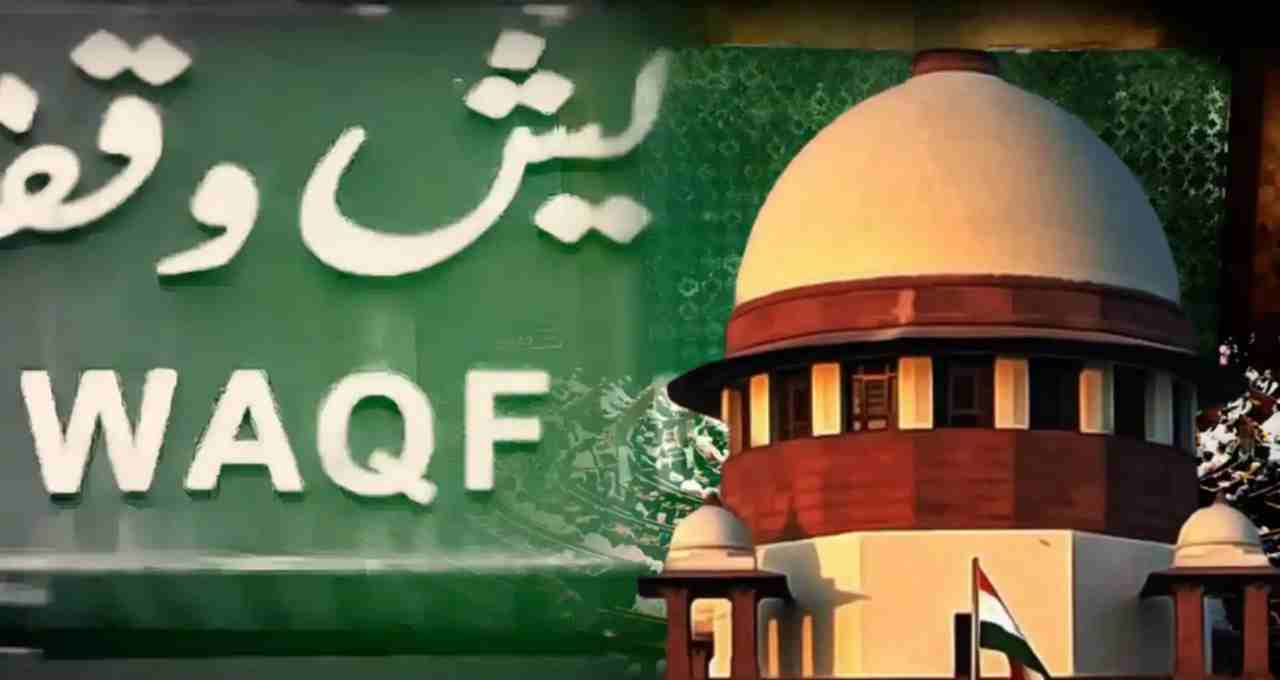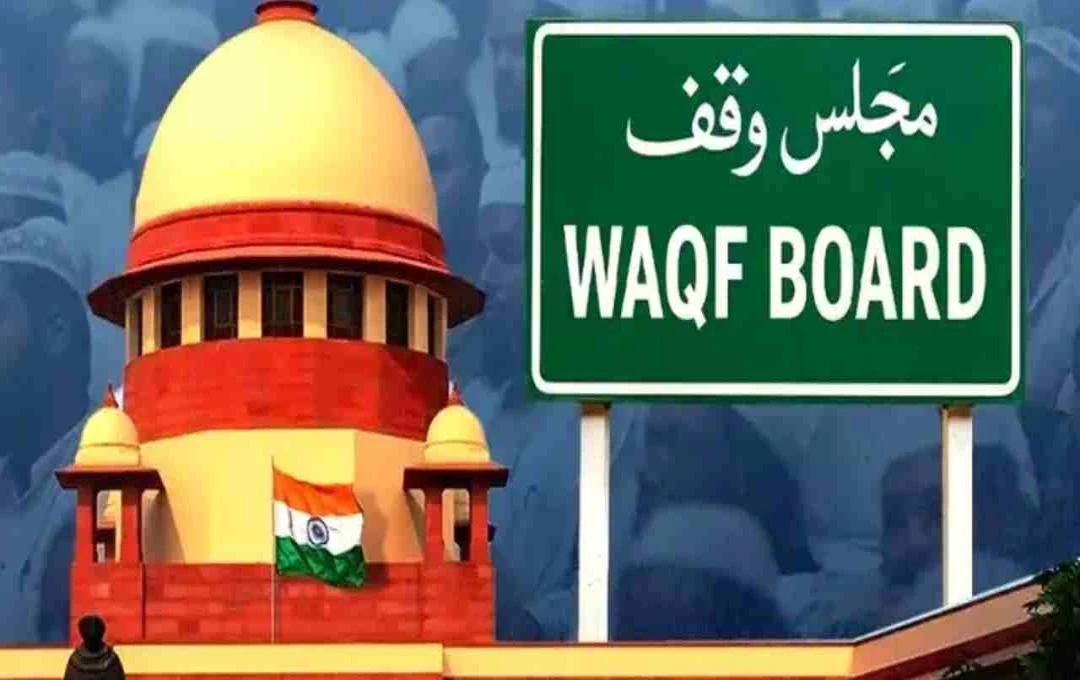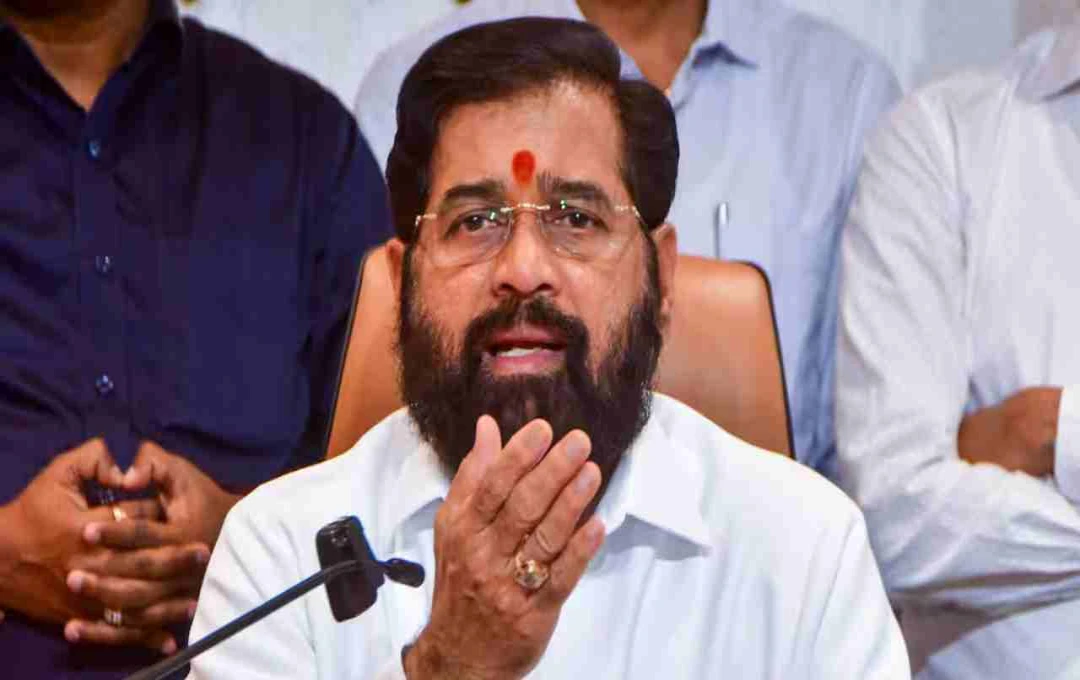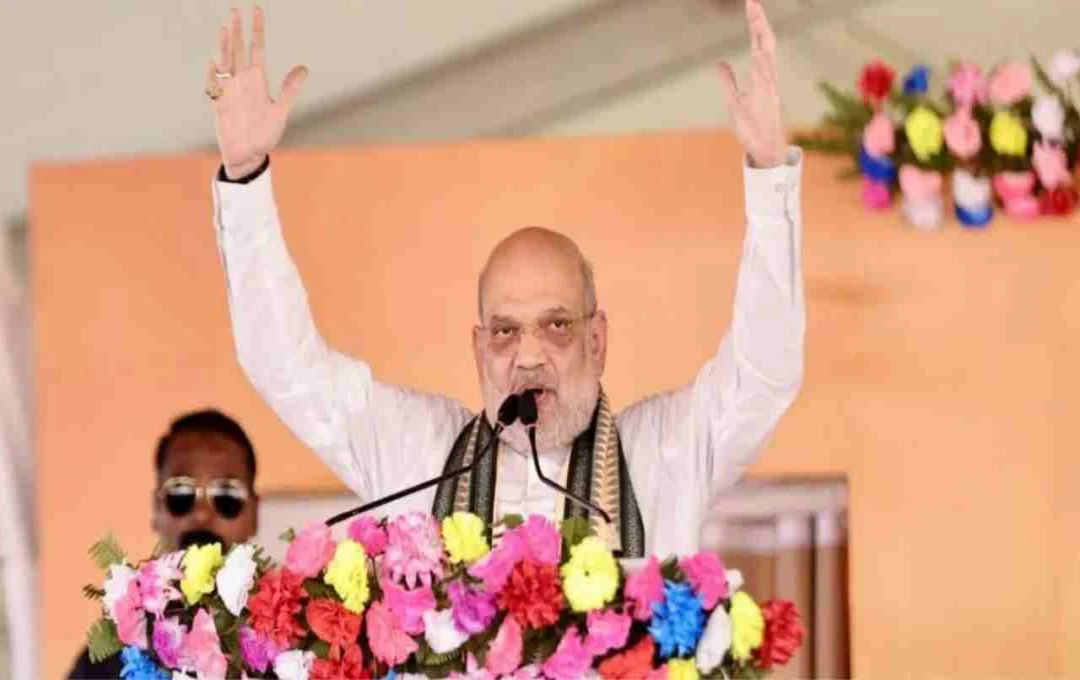The Supreme Court has delivered a significant verdict in a case related to Waqf law. The apex court has stayed certain provisions of the Waqf Amendment Act 2025.
New Delhi: The Supreme Court has given an important decision in a case related to Waqf law. The apex court has stayed Sections 3 and 4 of the Waqf Act. During the hearing, the court clarified that it does not have the authority to stay the entire law and this decision is not based on the constitutionality of the law.
The Supreme Court also stated that the CEO of the Waqf Board must be from the Muslim community, and there cannot be more than three non-Muslim members among the 11 members of the board. Additionally, the court has also stayed the law related to revenue concerning Waqf.
Supreme Court's Order
The Supreme Court has stayed Sections 3 and 4 of the Waqf Act. The court stated that a stay on the entire act is not warranted. The Supreme Court also directed that the CEO of the Waqf Board must be from the Muslim community, and not more than three non-Muslim members can be part of the 11 total members of the Waqf Board. Along with this, the court has also stayed certain revenue-related provisions.
The Chief Justice (CJI) remarked that the presumption of constitutionality of a law is always in its favour. A stay on a provision is granted only in extremely rare circumstances. The court studied the legislative history from 1923 to the present and analyzed the challenge to each section at a primary level.
Which Provisions Have Been Stayed

- Section 3(r)
- Under this section, it was mandatory for a person to be a follower of Islam for at least 5 years to create a Waqf.
- The Supreme Court stated that this condition will remain stayed until state governments make rules to determine whether a person is a follower of Islam or not.
- Section 2(c)
- As per this provision, property would not be considered Waqf property until the report of the designated officer is filed.
- The court has also stayed this provision.
- Section 3C
- Under this section, the Collector was given the authority to decide property rights.
- The Supreme Court stated that this could be a violation of the Separation of Powers.
- Property rights will not be affected until the final decision, and the Waqf will not be deprived of possession.
Limit on Non-Muslim Members
- There will not be more than three non-Muslim members on the Waqf Board.
- This limit will be adhered to within the total member count of 11.
- Section 23 (Ex-officio Officer)
- It is mandatory for the Ex-officio Officer on the Waqf Board to be from the Muslim community.
The court clarified that the entire law has not been stayed. Only those sections have been put on hold which contain controversial provisions or whose implementation is currently disputed. The court also stated that the functioning of the Waqf Board should be in accordance with the priorities of the Muslim community, and a limit on the number of non-Muslim members will be set.














